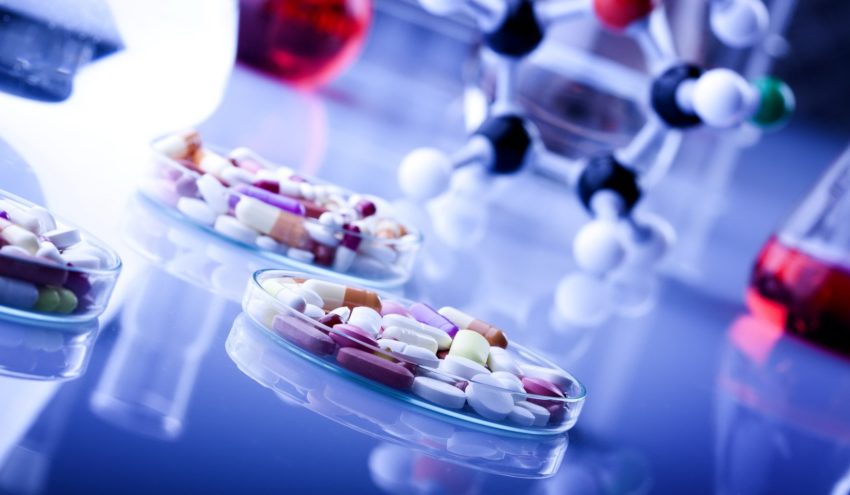New way to create hydrogels from viral protein fragments for improving drug delivery
October 29, 2024 | Tuesday | News
Hydrogels are known to be suitable for drug delivery because of their swelling behaviour
image credit- shutterstock
Researchers from Bose Institute, an autonomous institute of the Department of Science and Technology (DST), in Kolkata, have discovered a new way to create hydrogels using tiny protein fragments of just five amino acids from the SARS-CoV-1 virus, that could help improve targeted drug delivery & reduce side effects.
Due to the increase in chronic and infectious diseases, researchers are for ever on the lookout for new methods of drug delivery to improve the effectivity of treatments.
Hydrogels are known to be suitable for drug delivery because of their swelling behaviour, mechanical strength and biocompatibility.
Short peptide-based hydrogels hold enormous potential for a wide range of applications. However, researchers have found the gelation of these systems very challenging to control. Minor changes in the peptide sequence can significantly influence the self-assembly mechanism and thereby the gelation propensity.
Following the involvement of SARS CoV E protein in the assembly and release of the virus suggested to the researchers from Bose Institute that it may have inherent self-assembling properties that can contribute to the development of hydrogels.
This unique discovery could lead to significant medical advancements like customisable hydrogels that can improve targeted drug delivery enhancing treatment efficacy while reducing side effects.
These materials could revolutionise tissue engineering, potentially aiding in organ regeneration.These gels might also advance wound healing treatments and enable more accurate disease modelling for research.









